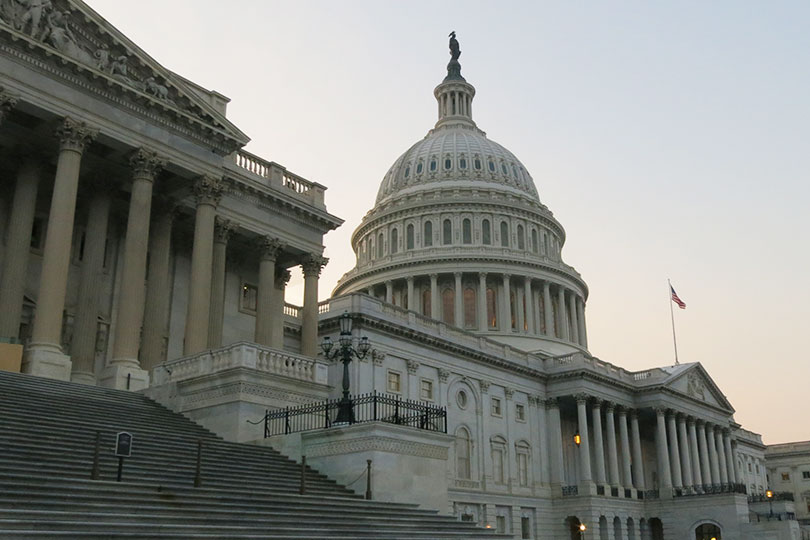By Jessica Domel
Multimedia Reporter
The World Health Organization (WHO) cancer agency may lose funding from American taxpayers if it continues to deny a Congressional committee transparency.
Friday, the U.S. House Committee on Science, Space and Technology sent a letter to WHO’s International Agency for Research on Cancer (IARC) asking once again for the names of people who can testify on how IARC came to the conclusion that popular weedkiller glyphosate is a “probable carcinogen.”
“Unfortunately, your Nov. 20, 2017 letter failed to provide the committee with a potential witness for a hearing and did not adequately address our concerns regarding the scientific integrity of the IARC Monograph Programme (IMO),” the letter signed by Congressman Lamar Smith of Texas, chair of the committee, said.
Several weeks ago, Reuters released several articles highlighting issues with IARC’s glyphosate report.
One article highlighted discrepancies between a rough draft of the report and the final version, claiming the final was edited to intentionally reach the conclusion glyphosate is a carcinogen, although other research shows it is not.
Researcher Aaron Blair, who was involved in a glyphosate study, reportedly told the news agency his research proving glyphosate does not cause cancer was not published, because it was too much information for one paper.
After his work on that research at the National Institutes of Health (NIH), he served on the IARC committee that issued the glyphosate report in question.
The House Science committee also questioned alleged conflicts of interest for others who served on the committee.
“Your response purports that the IARC Monographs are ‘free from vested interests’ and that Christopher Portier was not involved with drafting or interpreting the evaluations of the IARC Monograph on glyphosate,” the committee letter reads. “In a deposition conducted of Portier in ongoing litigation, he admits that when he took on the role as Invited Specialist for IARC, he had already been working for months with the same firm that later brought him on as a litigation consultant for glyphosate-related litigation.”
According to the letter, within nine days of IARC announcing glyphosate as a group 2A carcinogen, Portier took the position as a glyphosate litigation consultant.
“This circumstance presents the issue that if Portier had anticipated his role as a litigation consultant, his work on the Monograph may have reflected his bias to classify glyphosate as a carcinogen,” the letter reads.
Portier is accused of working for the Environmental Defense Fund (EDF), an activist organization, while serving on the IARC committee.
“The committee finds it difficult to view Portier’s work with EDF and his role on the glyphosate monograph as anything but a conflict of interest,” the letter says.
The letter also states Portier was in communication with the EDF about the glyphosate report while working on the committee.
“He was the mastermind behind a letter sent to the European Commission on Health and Food Safety and signed by scientists involved in the glyphosate monograph, lobbying for the rejection of findings made by EFSA and championing the IARC position,” the letter reads. “Also alarming is that Portier as portrayed in the media, without correction from IARC, as a ‘co-author’ of the assessment.”
The committee also questioned why IARC was secretive with its drafts and research used for the glyphosate paper.
“Part of the scientific process is maintaining a sense of transparency,” the letter reads.
Committee leaders asked IARC again to provide them with names and contact information of potential witnesses who can testify on the research and paper by noon Dec. 15.
If a full response isn’t provided, the committee reports it will “consider whether the values of scientific integrity and transparency are reflected in IARC Monographs and if future expenditures of federal taxpayer dollars to this end need to continue.”
Since 1985, IARC has rece


I hope someone sues the law firms who are still advertising to sue Monsanto over clais of cancer. They also ought to sue the tv stations for allowing the commercials to air without due diligence